Michihito Fujii was born in Tokyo and graduated from the Nihon University College of Art Screenplay course. While studying at the university, he started to write scripts and began his activities as a director. His first feature-length movie was ”Oh! Father”, based on the same-named novel by Kotaro Isaka. His film, “The Journalist” received 6 Japan Academy Prize nominations and won three, including Picture of the Year, Outstanding Performance by an Actor in a Leading Role and Outstanding Performance by an Actress in a Leading Role.
On the occasion of “A Family” screening at Toronto Japanese Film Festival, we speak with him about shooting a movie about and researching the yakuza, his opinion about the rather harsh, current anti-yakuza law, the cycle of violence, his cooperation with Go Ayano and other topics.
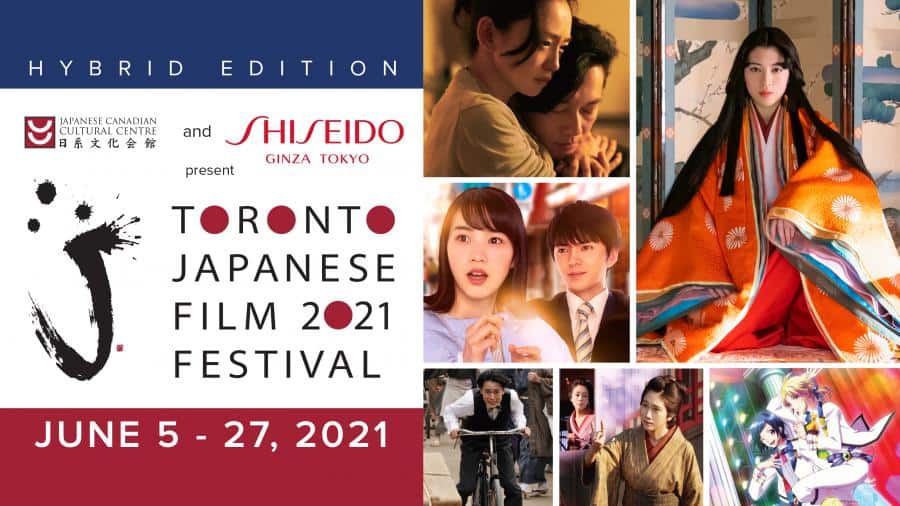
Why did you decide to shoot a film about the yakuza? What is your opinion about its state through the years and now?
After shooting the movie “The Journalist” with producer Kawamura, I was talking about what to shoot next. There were various options, but we started the project because it was a mutual interest to depict the yakuza within the society after the violence was over. Currently, it is forbidden to interview real yakuza, so I interviewed former yakuza many times. The reality is that the current yakuza basically have no human rights, cannot open a bank account, cannot get a driver's license, and their children cannot go to kindergarten.
Do you feel that family ties amongs its members were as tight as presented on the film?
According to the interviews, some groups have strong bonds and others are connected just for money.
Do you think that the anti-yakuza law has victimized those people essentially? Do you think it was a essentially a punishment for their previous deeds? Kenji's story seems to repeat itself through Tsubasa. Do you think that this repetition is something inevitable?
As you can see in the movie, there were many opinions that the yakuza themselves thought that it was “karma”, that is what I also felt during the interviews. However, I think that we should not romanticize it, since the chain of violence doesn't stop so easily in the real world. But how can we break the chain of violence? I wanted to answer this question through Kenji's actions.
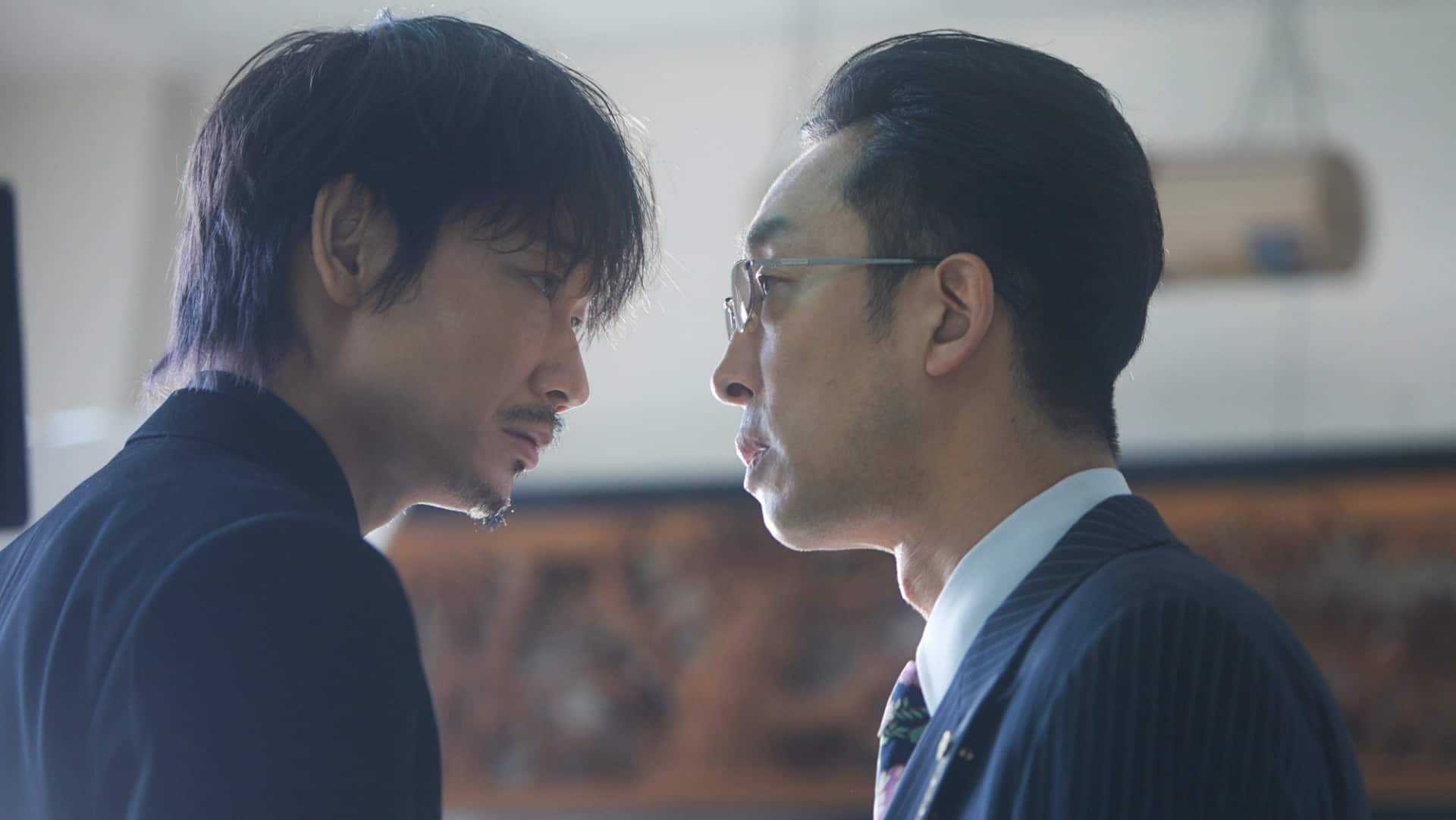
Do you think that the impact of the actions of the Yakuza actually affected even generations to come?
I can't say that it has no effect, but I think another form of violence is emerging. I think there is new violence in the gray zones that sneak through police crackdowns.
How was your cooperation with Go Ayano for the film?
I called him every day to discuss everything, from the script to the costumes. He's a great actor and we are going to make another movie together in the future.
How was the experience of working with veterans like Shinobu Terajima and Hiroshi Tachi? Are there any differences in the ways you work with veterans and younger actors?
Tachi-san, Terashima-san, and various other experienced actors were all really humble and they loved shooting this film. My approach is basically the same both for the new actors and the more experienced. Everyone listened to my instructions enthusiastically.
How did you end up casting director Ryutaro Ninomiya?
Ninomiya, who makes wonderful films as a director, is the same age as me. It was a lot of fun to work with him, because he is also a wonderful actor.
How was your cooperation with DP Mr. Keisuke Imamura and what was your overall purpose in the visual aspect of the movie?
I've been shooting movies with Imamura since I was in college and he is the DP I trust the most. There was a lot of debate about what kind of approach we would implement to highlight the ways the yakuza changed over a period of 20 years. The low contrast approach of chapter 3 was Imamura's proposal. He suggested to shoot the film like that on chapter 1 also, but we abandoned this idea due to buget restraints.
Are you working on anything new at the moment?
Currently, we are preparing a new work again with the Star Sands production team. Please look forward to it.


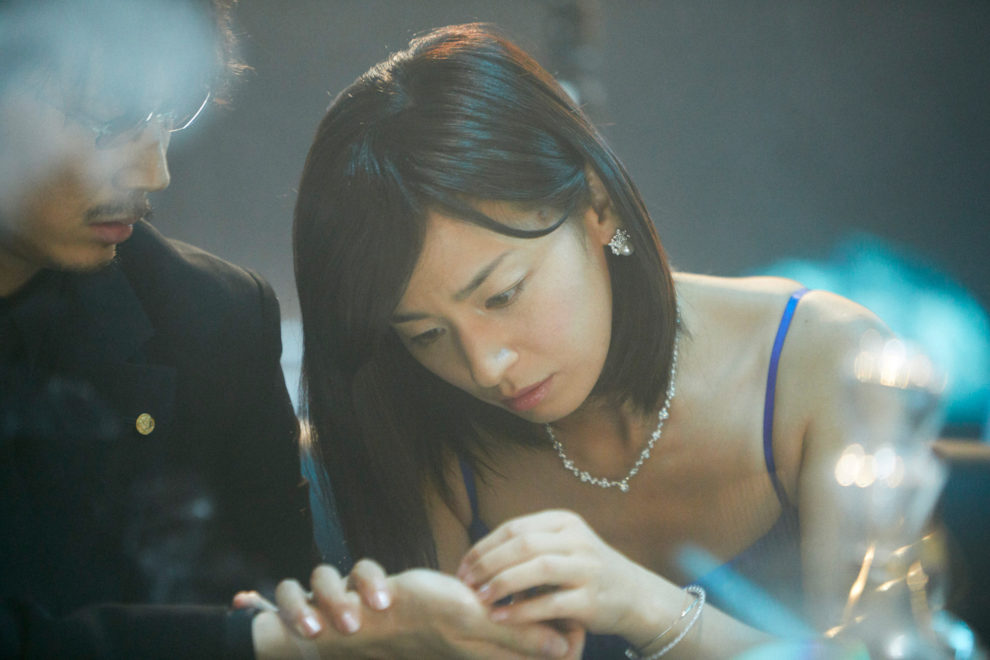


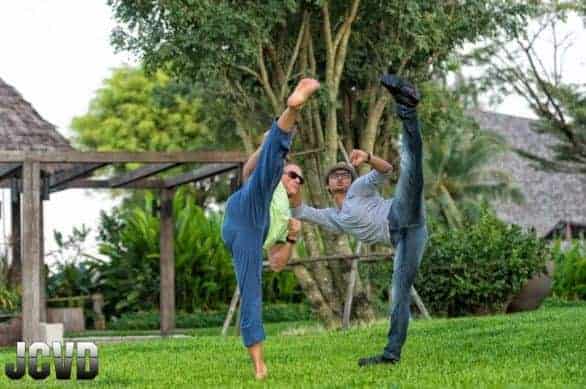
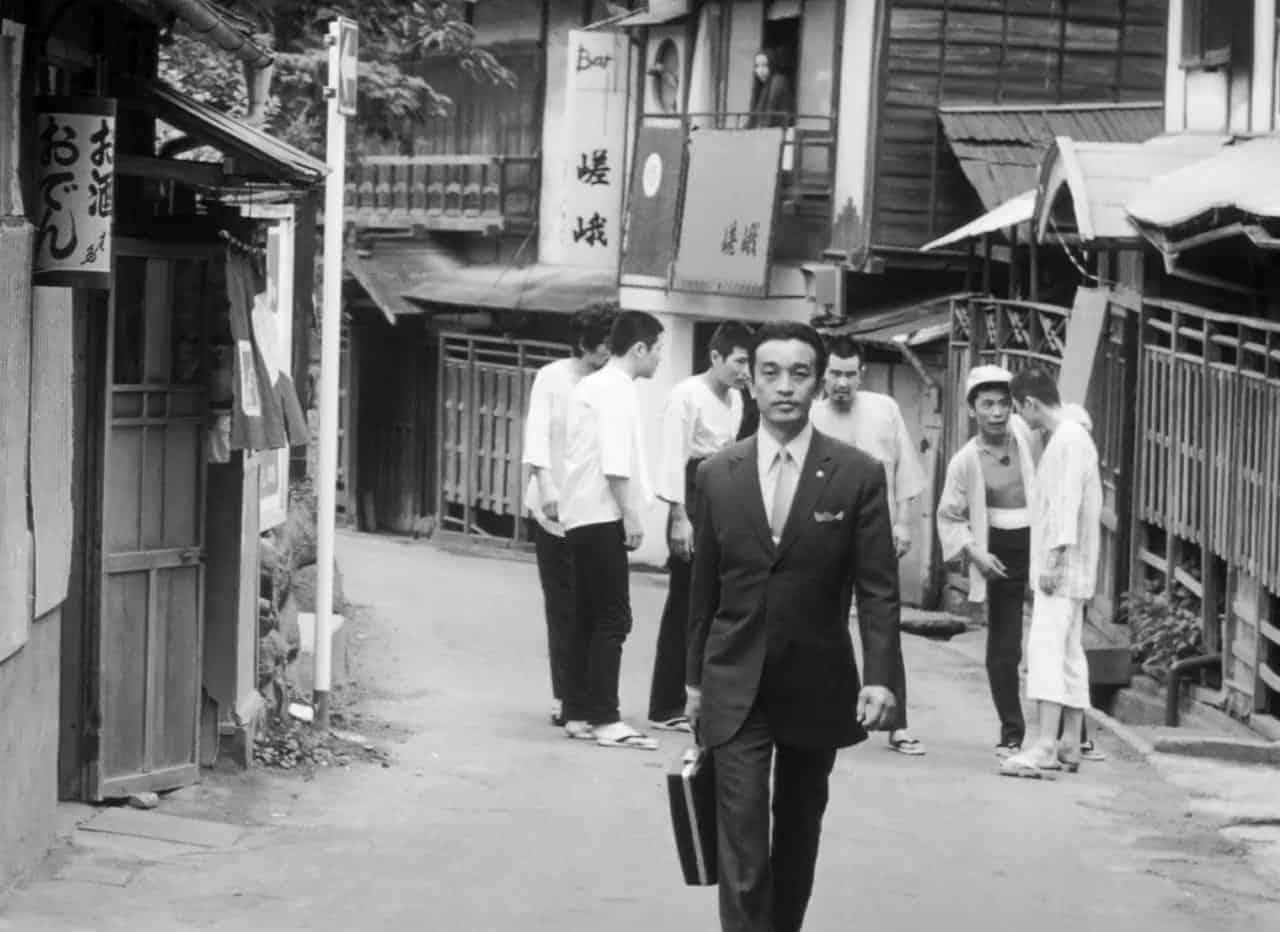
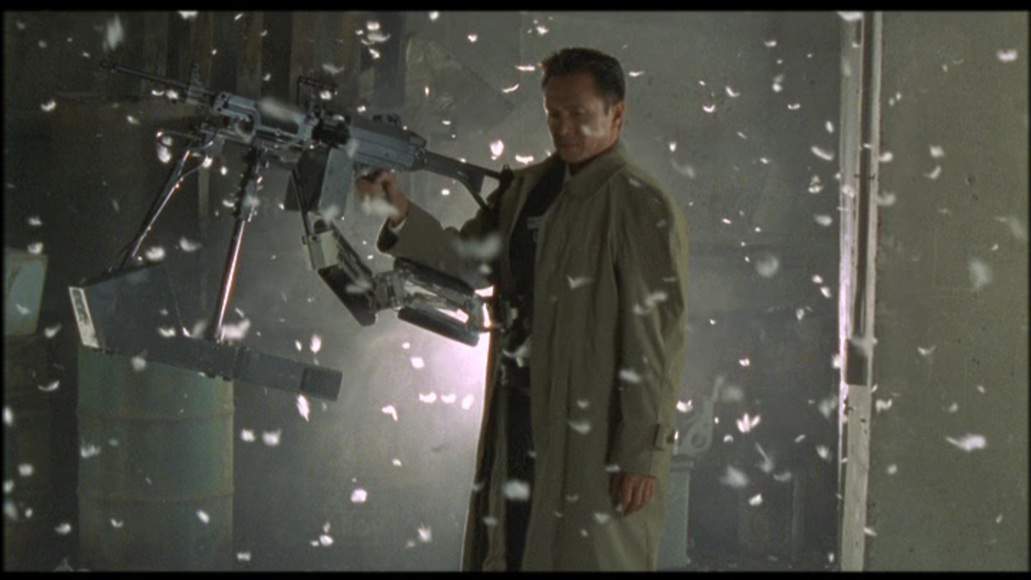
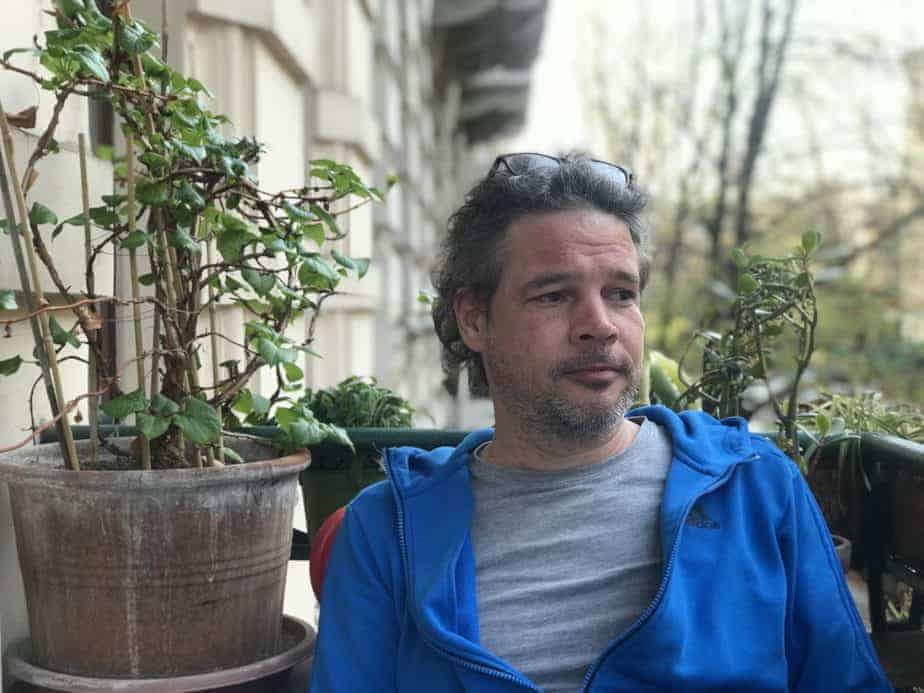
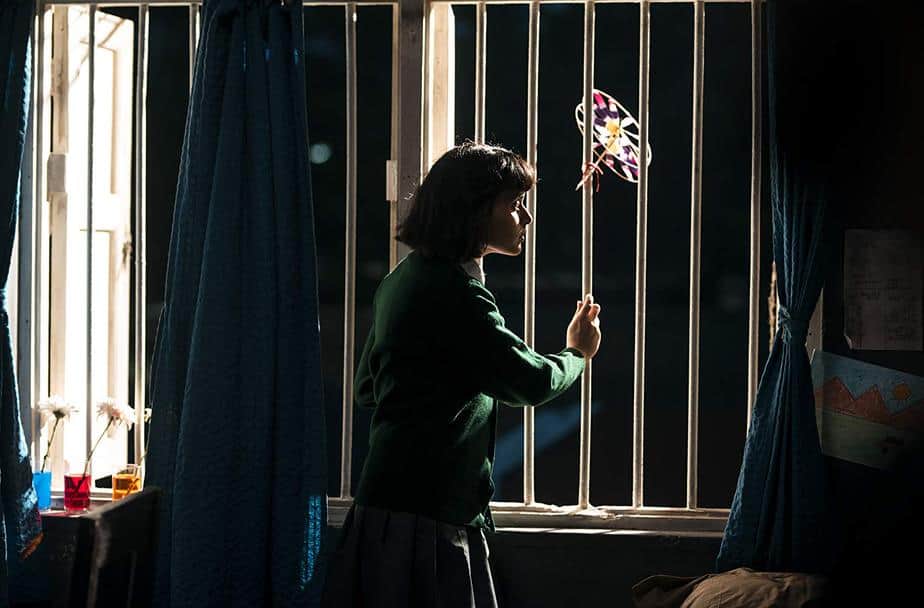







Seems the screenwriter had the biggest influence on this movie. Is this a regular thing in Japanese cinema? In my experience, in Western cinema the author has to give away his work and doesnt count much int he end.
The director also wrote the script in this case.